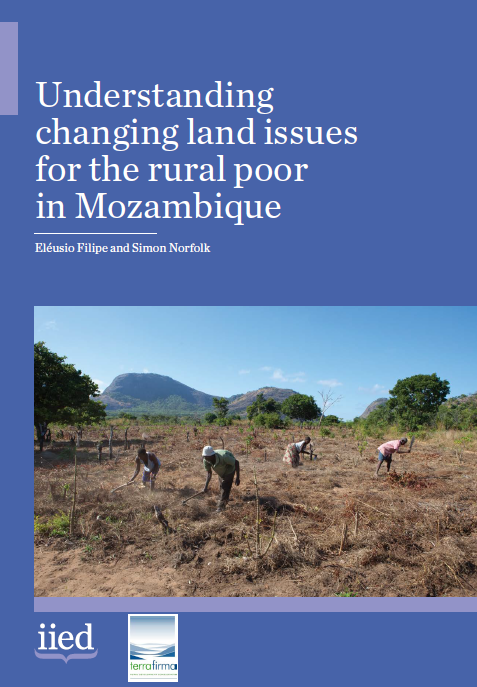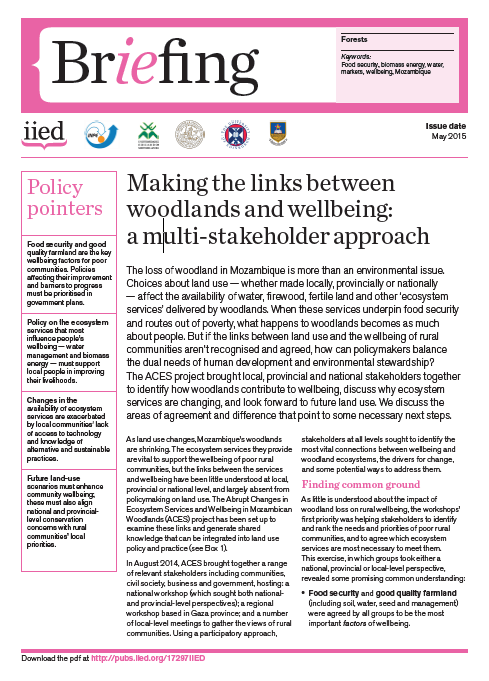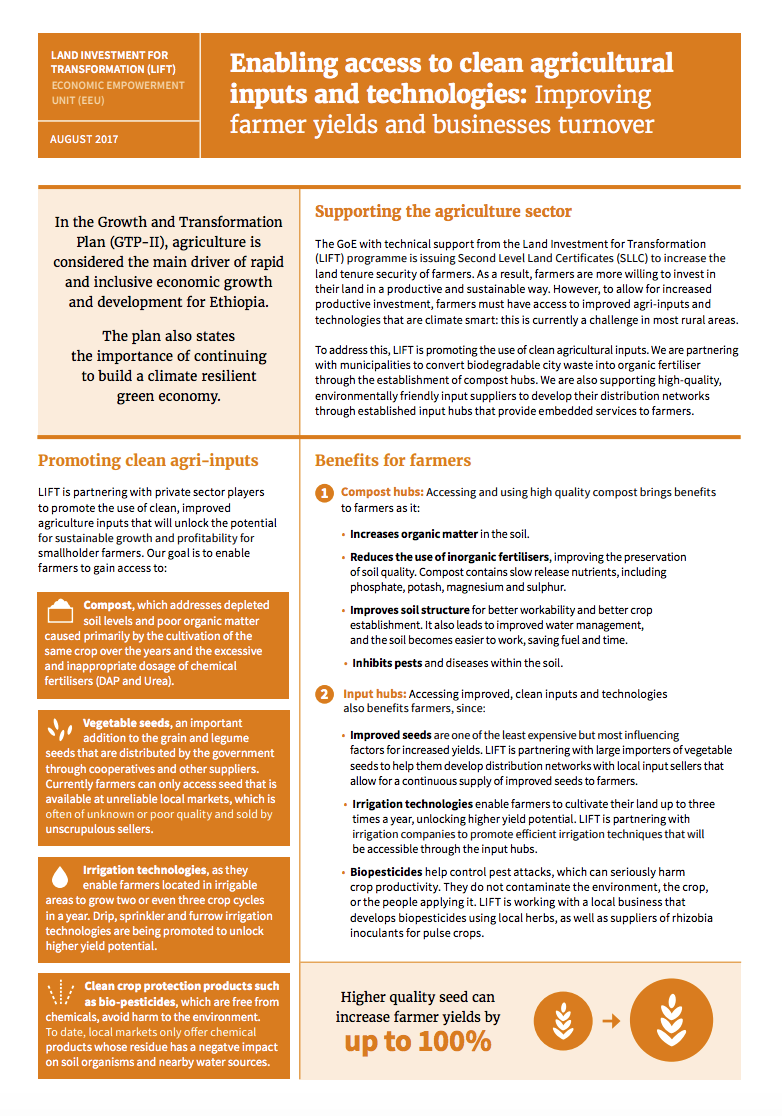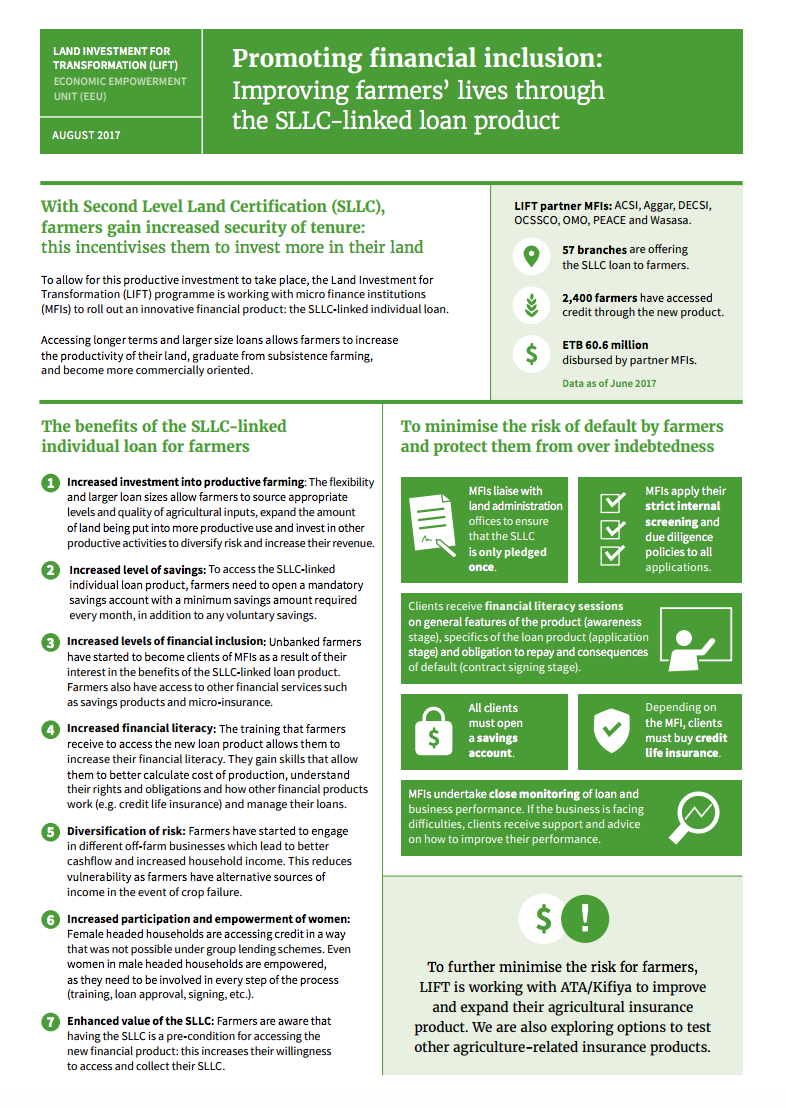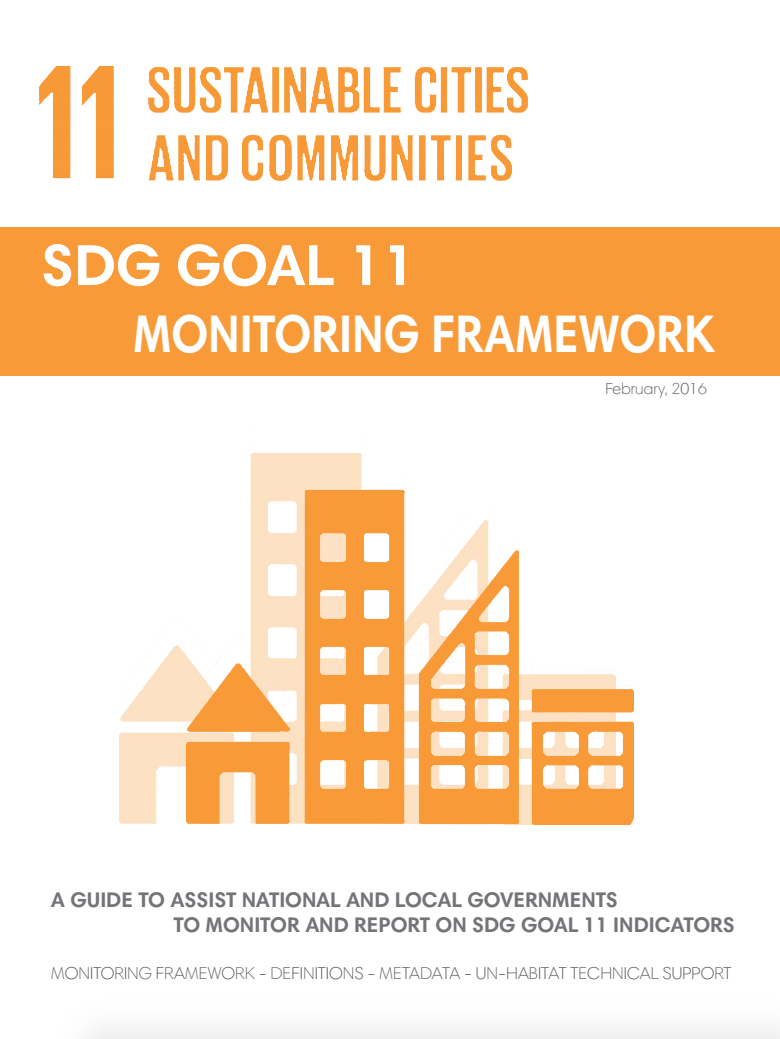Understanding changing land issues for the rural poor in Mozambique
This report is a product of a partnership between Terra Firma and the International Institute for Environment and Development (IIED), contributing to a study of changing land access in sub-Saharan Africa supported by the International Fund for Agricultural Development (IFAD).

